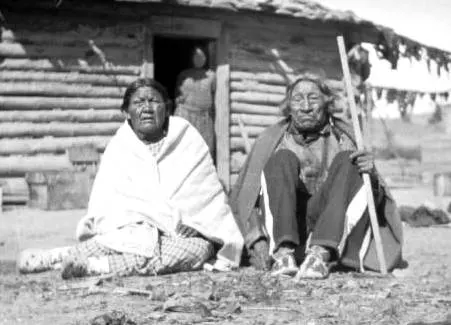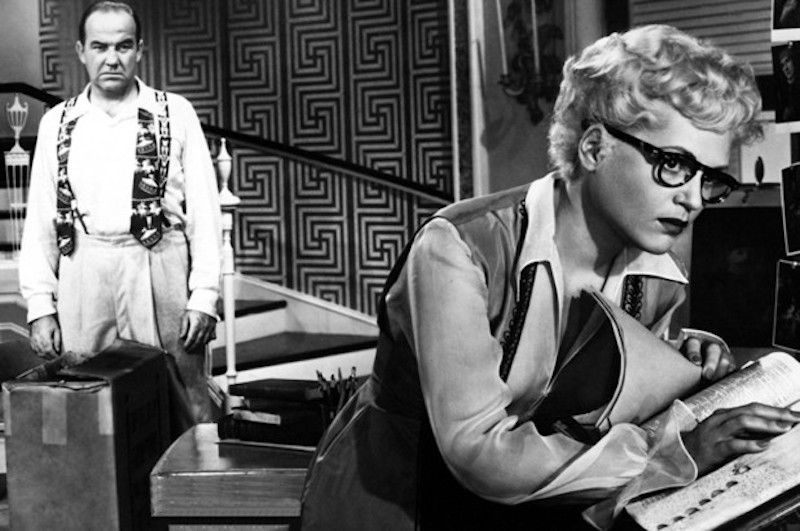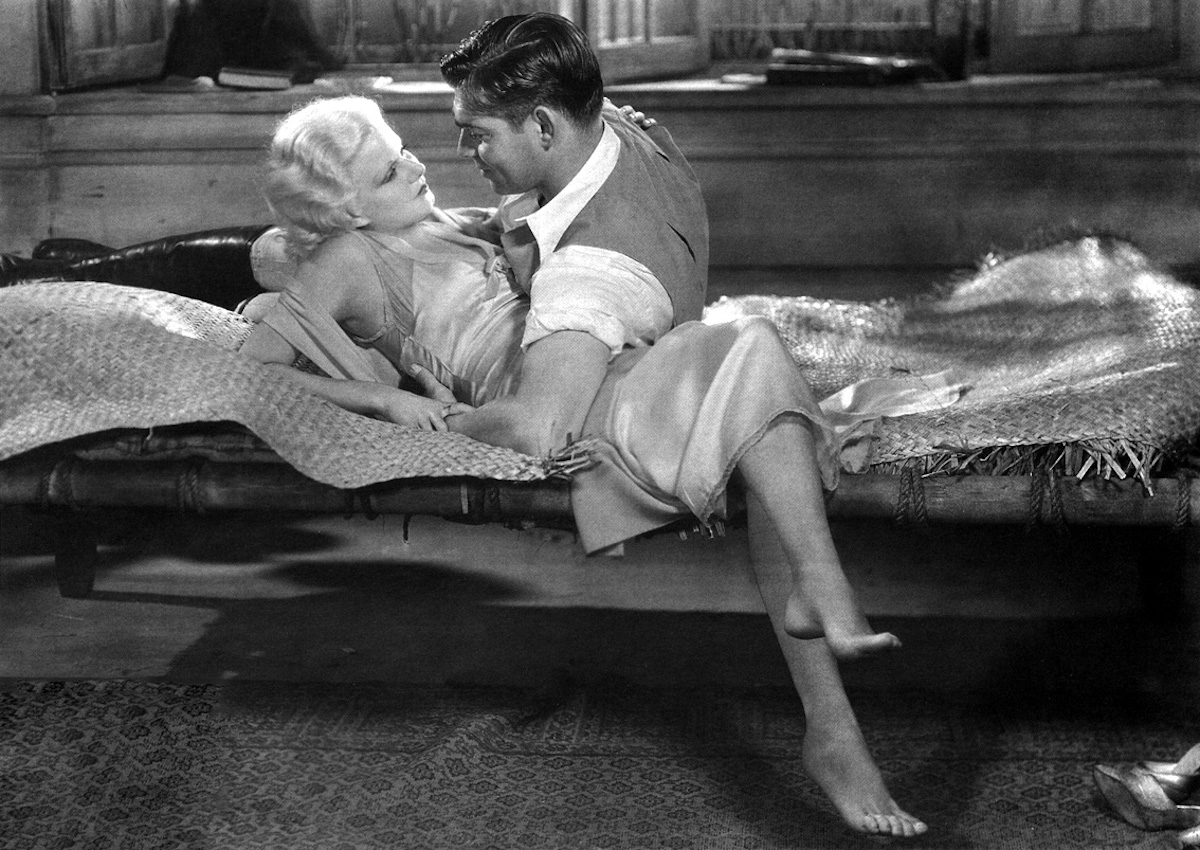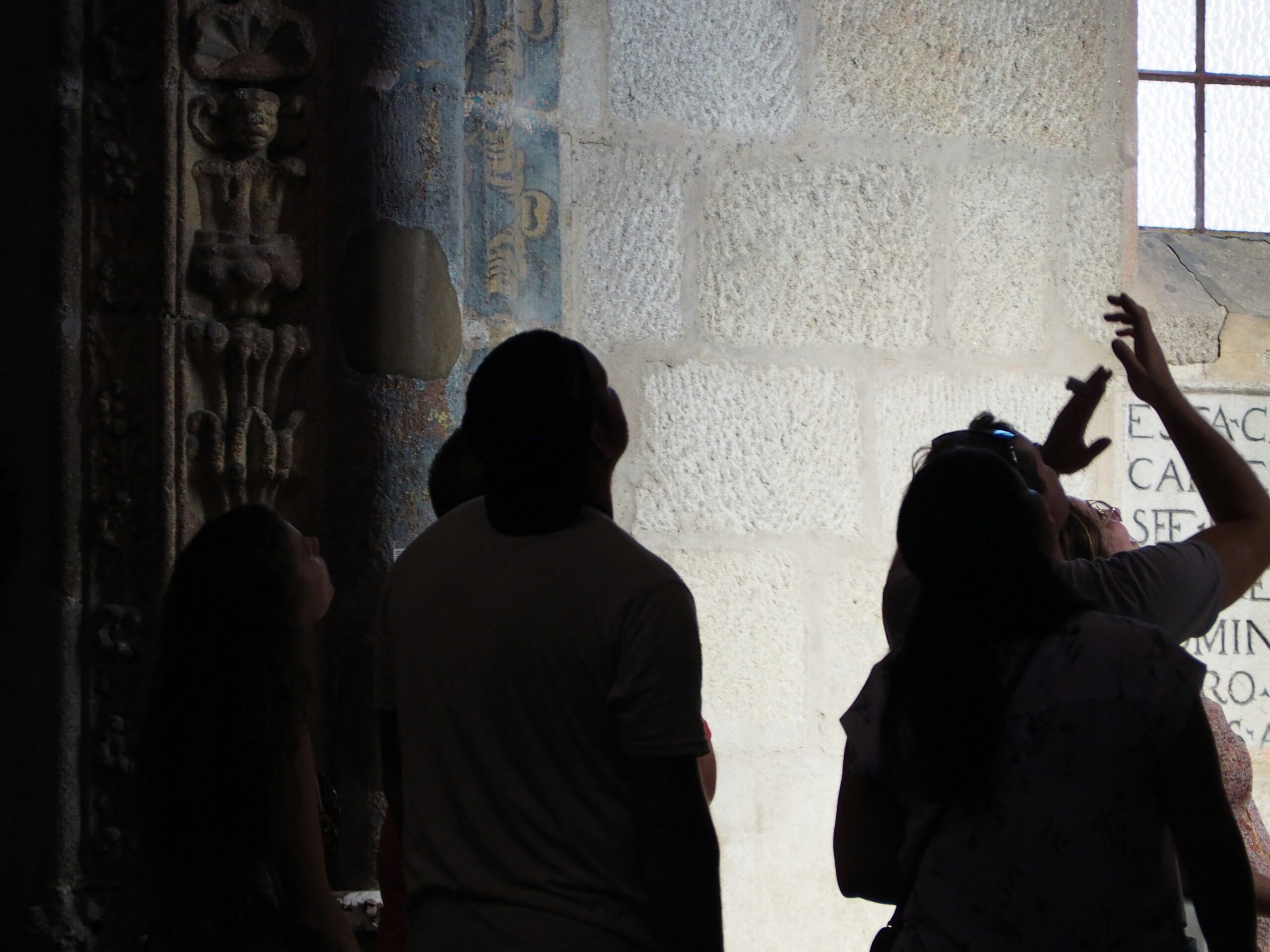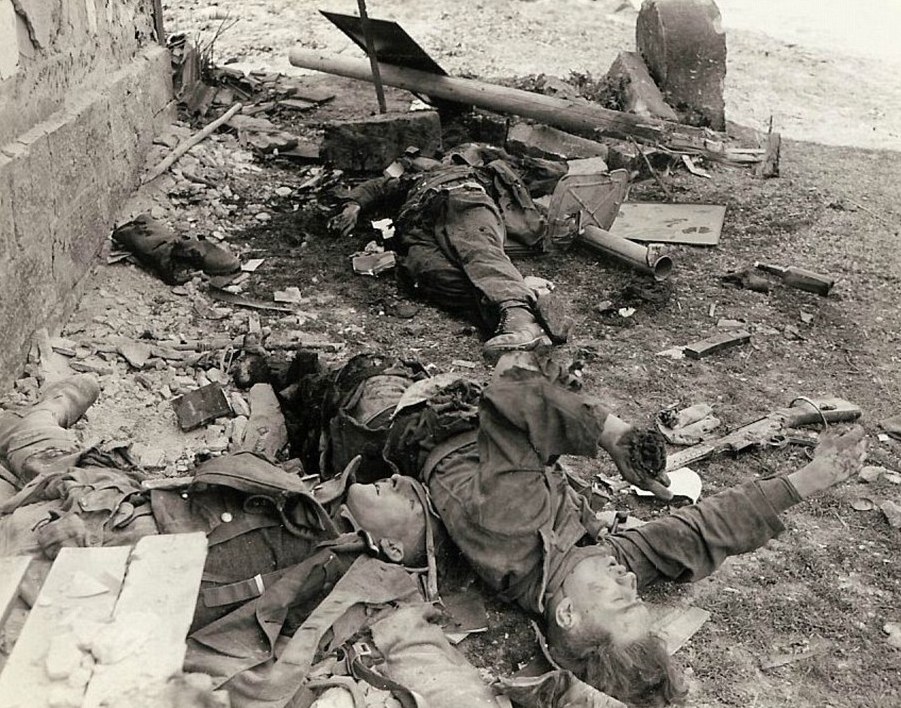A message in a bottle on the roof of a Goslar, Germany, cathedral was found by the grandson of the writer. An authentic lesson from history:
“On March 26, 1930, four roofers in this small west German town inscribed a message to the future. “Difficult times of war lie behind us,” they wrote. After describing the soaring inflation and unemployment that followed the First World War, they concluded, “We hope for better times soon to come.”
“The roofers rolled up the message, slid it into a clear glass bottle and hid it in the roof of the town’s 12th-century cathedral. Then they patched up the roof’s only opening.
“Eighty-eight years later, while doing maintenance work, 52-year-old roofer Peter Brandt happened upon the bottle. He recognised the letterhead of the receipt paper on which the note was written, as well as the name of one of the signatories: Willi Brandt – a shy, 18-year old roofing apprentice at the time of the note’s creation – was Peter’s grandfather.
“‘It was an exciting find,’ Peter Brandt said, given the improbability of discovering the bottle in the same roof his grandfather had repaired almost a century earlier. The letter, Brandt said, is from a dark chapter of Germany’s past. But its discovery offered an opportunity to reflect on the relative peace and prosperity of the present.
…
“Just a few years after his grandfather – who is not related to former West German chancellor Willy Brandt – signed the note, he enlisted as a soldier during World War II. He was later captured and imprisoned by the Russians. After returning to Goslar, Willi resumed his profession as a roofer but never talked about the war.”
New Zealand Herald
That the message survived the war shows that even amidst great destruction and degradation, something always survives. Humans press on, even if they have to leave their homes and try to find peace in hostile lands. Goslar’s mayor understands:
“The unemployment problems that Willi Brandt described have largely disappeared, according to Goslar Mayor Oliver Junk.
“Still, Goslar residents are moving to larger places to attend university or find work, said Ulrich Albers, head of the local archives. Stores and entire housing blocks stand empty in some parts of town.
“Three years ago, during the height of Germany’s refugee crisis, Junk made headlines when he proposed that Goslar take in additional refugees, citing the housing shortage in bigger cities. ‘It’s mad that in Göttingen they are having to build new accommodations, and are tearing their hair out as to where to put everyone, while we have empty properties and employers who are desperate for skilled workers,’ Junk told the Guardian newspaper in August 2015, referring to a nearby more populous city.
“Junk said he doesn’t regret that decision – and that the contents of Willi Brandt’s letter put it in a new perspective. ‘Every day, we’re discussing the many problems we have as a city that are allegedly very, very difficult. But with this letter from 1930, we can see that the many problems that we perceive aren’t really problems,’ he said.”
Ibid
As the line immortalized in Casablanca goes, “… it doesn’t take much to see that the problems of three little people don’t amount to a hill of beans in this crazy world.”
Maybe not in the grand scheme of things perhaps, but I’m sure the problems Willi Brandt experienced on the Ostfront mattered to him … a great deal. And the problems he and others created on the Ostfront mattered to those they impacted even more.



